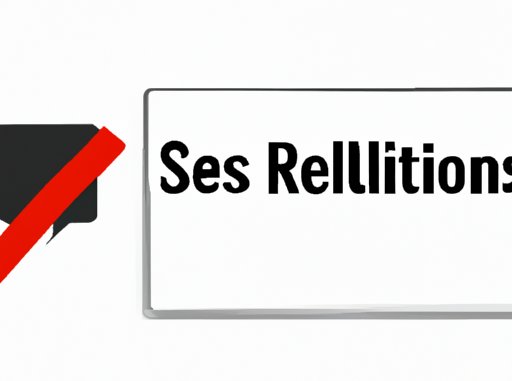
Dispute resolution is a process used to resolve conflicts between two or more parties. It is a way to settle disagreements without going to court. The process can involve negotiation, mediation, arbitration, or a combination of these methods. Negotiation is a process in which the parties involved in the dispute attempt to reach an agreement on their own. Mediation is a process in which a neutral third party helps the parties involved in the dispute to reach an agreement. Arbitration is a process in which a neutral third party makes a decision on the dispute. The dispute resolution process can be used to resolve a variety of disputes, including those involving contracts, employment, family law, and civil matters. The process can be used to resolve disputes quickly and efficiently, without the need for costly and time-consuming litigation. The process can also help to preserve relationships between the parties involved in the dispute. It is important to understand the dispute resolution process before entering into any dispute. Knowing the process can help to ensure that the dispute is resolved in a fair and equitable manner.
Dispute resolution methods are the various ways in which parties can resolve their disputes without going to court. These methods include negotiation, mediation, arbitration, collaborative law, and other forms of alternative dispute resolution (ADR). Negotiation is a process in which the parties involved in a dispute attempt to reach an agreement without the involvement of a third party. Mediation is a process in which a neutral third party assists the parties in reaching a mutually acceptable resolution. Arbitration is a process in which a neutral third party, known as an arbitrator, hears both sides of the dispute and makes a binding decision. Collaborative law is a process in which the parties involved in a dispute work together to reach a resolution without going to court. Other forms of ADR include early neutral evaluation, mini-trials, and summary jury trials. Each of these methods has its own advantages and disadvantages, and it is important to consider all of them when deciding which dispute resolution method is best for a particular situation.
Dispute resolution is a process that helps parties to resolve their disputes without going to court. It is a cost-effective and efficient way to resolve disputes, as it can be done quickly and without the need for expensive legal fees. Dispute resolution can also help to preserve relationships between parties, as it allows them to come to an agreement without the need for a lengthy court battle. Additionally, dispute resolution can help to reduce the stress and anxiety associated with court proceedings, as it allows parties to come to a resolution without the need for a lengthy trial. Furthermore, dispute resolution can help to ensure that the parties involved are able to reach a fair and equitable outcome, as it allows them to negotiate and come to an agreement that is beneficial to both parties. Finally, dispute resolution can help to ensure that the parties involved are able to move forward with their lives, as it allows them to come to a resolution without the need for a lengthy court battle.
When it comes to finding the right dispute resolution professional, it is important to consider the individual’s qualifications, experience, and reputation. Qualifications should include a degree in law, mediation, or arbitration, as well as any additional certifications or training. Experience should include a track record of successful dispute resolution cases, as well as a good understanding of the legal system and the dispute resolution process. Reputation should include references from past clients, as well as any awards or recognition the individual has received. It is also important to consider the individual’s communication style and ability to work with both parties to reach a resolution. Additionally, it is important to consider the individual’s fees and availability. Once you have identified a few potential dispute resolution professionals, it is important to meet with them in person to discuss the case and determine if they are the right fit.